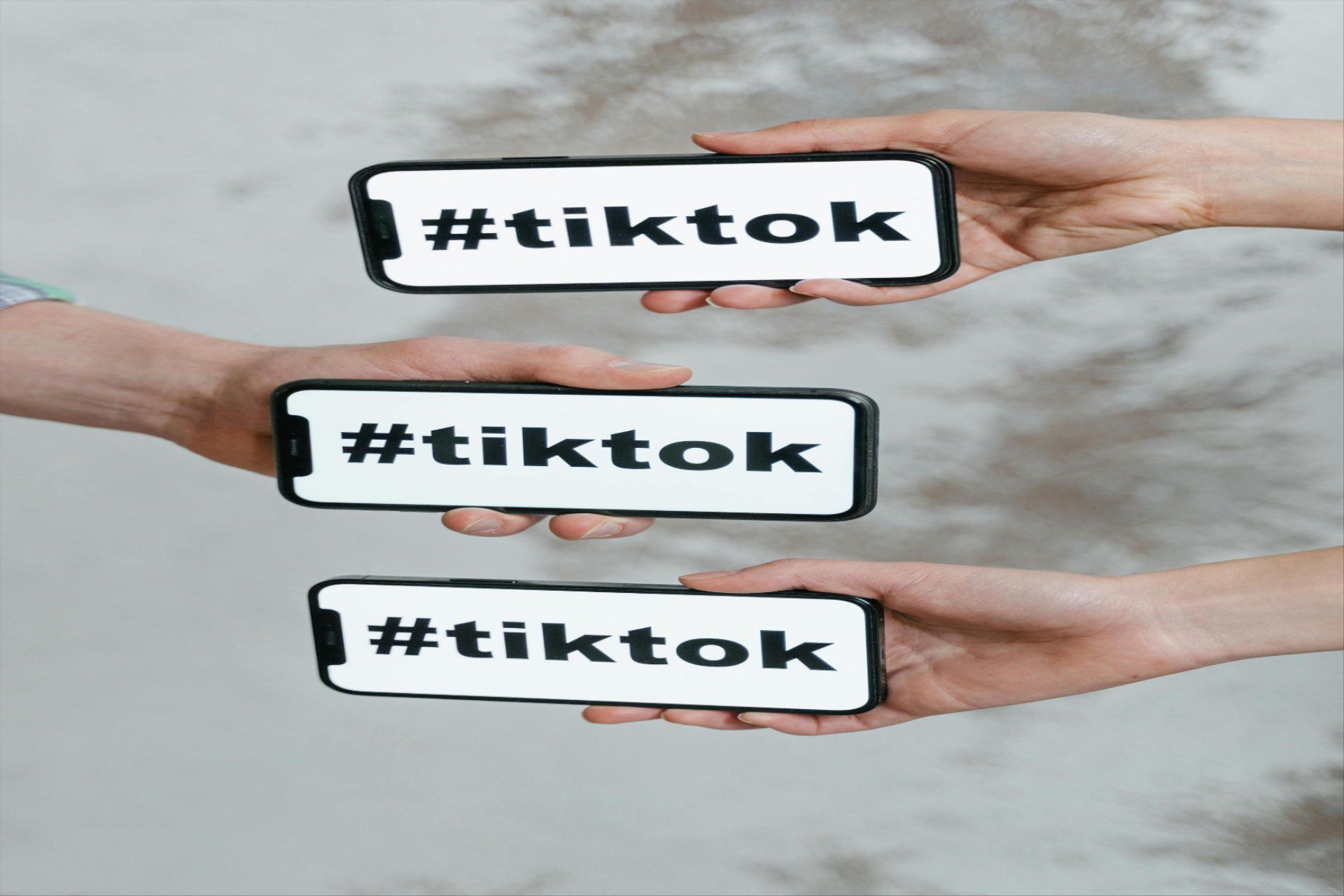Would you like to save money but don't know where to start?
Clarke McEwan Accountants
Start with the cure. The cure for affluenza.
Clarke McEwan recently attended a number of sessions with presenter Richard Denniss at the 2018 Byron Bay Writers Festival. Richard is the author of Econobabble and Curing Affluenza , and co-author of Affluenza . He is chief economist at the Australia Institute.
Richard's book takes an honest look at the economy we support. It's home truths can help us recognise the symptoms in ourselves of this modern disease. He maintains that we have been trained to love things not for their material function, but for the symbolic act of acquiring and possessing them.
Below is an edited extract from Curing Affluenza: How to buy less stuff and save the world
"Affluenza has not just changed the world, it has also changed the way we see the world. Short of money? Borrow some. Caught in the rain? Buy an umbrella. Thirsty? Buy a bottle of water and throw the bottle away.
Our embrace of "convenience" and our acceptance of our inability to plan ahead is an entirely new way of thinking, and over the past seventy years we have built a new and different economic system to accommodate it. There is nothing inevitable about this current way of thinking, consuming and producing. On the contrary, the vast majority of humans who have ever lived (and the majority of humans alive today) would find the idea of using our scarce resources to produce things that are designed to be thrown away absolutely mad.
But the fact that our consumer culture is a recent innovation does not mean it will be easy to change. Indeed, the last few decades have shown how contagious affluenza can be. But we have not always lived this way, which proves that we don't have to persist with it. We can change – if we want to.
I define consumerism as the love of buying things. For some, that means the thrill of hunting for a bargain. For others, it is the quest for the new or the unique. And for others still it is that moment when the shop assistant hands them their new purchase, beautifully wrapped, with a bow, just as though it's a present.
But the love of buying things can, by definition, provide only a transient sense of satisfaction. The feeling can be lengthened by the "thrill of the chase", and may include an afterglow that includes walking down the street with a new purchase in a branded carry bag. It might even extend to the moment when you get to show your purchase to your friends and family.
But the benefits of consumerism are inevitably short-lived as they are linked to the process of the purchase, not the use of the product. So while consumerism is the love of buying things, materialism is the love of the things themselves – and that's an important distinction. "
Salespeople and psychologists are well aware of this phenomenon. The term buyer's remorse refers to the come-down that follows the thrill of buying something new. For many, the cold hard light of day takes the gloss off their new gadget, their new shoes or their new car. For some, this can be so overwhelming that they return the item. For a minority, the thrill of buying new things is so great, and the disappointment of owning new things so strong, that they make a habit of buying things they know they will return.
or those interested in the impact of consumption on the natural environment, it is crucial to make a clear distinction between the love of buying things and the love of owning things. While consumerism and materialism are often used interchangeably, taken literally they are polar opposites. If you really loved your car, the thought of replacing it with a new one would be painful. Similarly, if you really loved your kitchen, your shoes, your belt or your couch, then your materialism would prevent you rushing out and buying a new one.
But we have been trained to love the thrill of buying new stuff. We love things not for their material function, but for the symbolic act of acquiring and possessing them – the thrill of anticipating a new thing, of being handed it by a smiling shop assistant, of pulling up at the golf club in an expensive new car. For many, if not most, consumers, it is the symbolism of a new handbag or new car, its expensive logo proudly displayed, that delivers happiness, rather than twenty years of using a material object. It makes no sense to conflate materialism and consumerism. Indeed, our willingness to dispose of perfectly functional material goods and gadgets is the very antithesis of a love of things. The process of buying new things and displaying new symbols might provide status or other psychological benefits, but the pursuit of such symbolic objectives is largely unrelated to the material characteristics of the products being purchased and disposed of.
Symbols matter, and psychological benefits matter. The fact that people are willing to spend their own time and money to show they fit in or to make sure they stand out should be of little or no concern to others. But for those who are concerned with the impact of 7.5 billion humans' consumption decisions on the natural environment, the choice of such symbols matters enormously. Whether people choose to signal their wealth by spending money on huge cars or antique paintings is arbitrary, but that does not mean the environmental consequences aren't highly significant.
Put simply, if we want to reduce the impact on the natural environment of all of the stuff we buy, then we have to hang on to our stuff for a lot longer. We have to maintain it, repair it when it breaks, and find a new home for it when we don't need it any longer. If we want to cure affluenza, we have to get more satisfaction from the things we already own, more satisfaction from services, more satisfaction from leisure time, and less satisfaction from the process of buying new things.
If people loved their things, cared for them, maintained and repaired them and then handed them on to others who did likewise, the global economy would be transformed, as would the impact of human activity on the natural environment. But if people continue to embrace the benefits of "convenience" and pursue the symbolic appeal of novelty then, as billions more people emulate the consumption patterns of today's middle-class culture, the impact on the natural environment will be devastating. "
We hope you enjoyed this extract from Curing Affluenza: How to buy less stuff and save the world . If you would like assistance with setting up a budget or a financial plan, contact us now.








